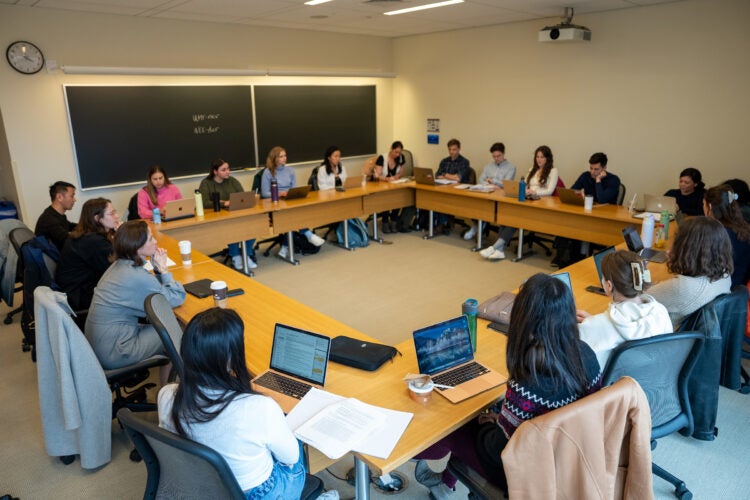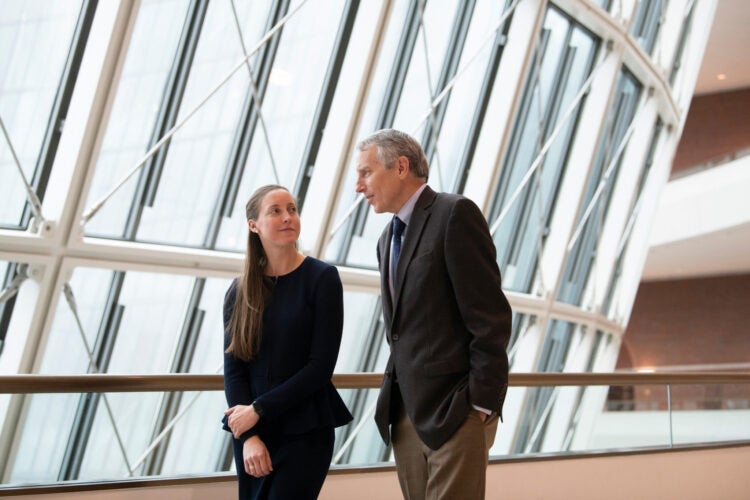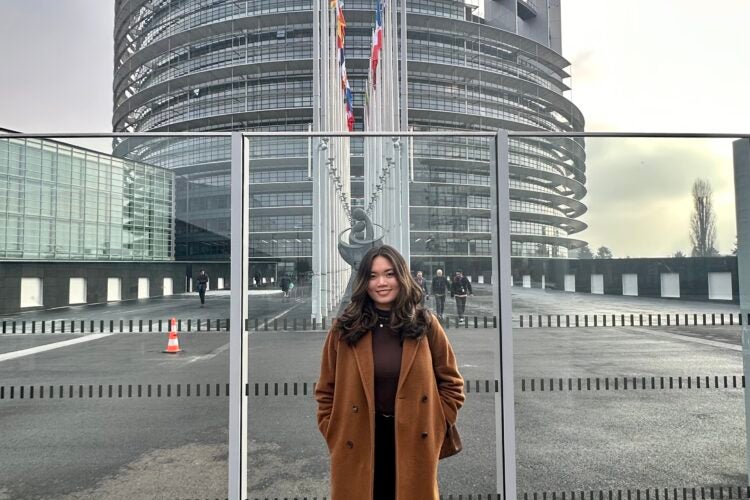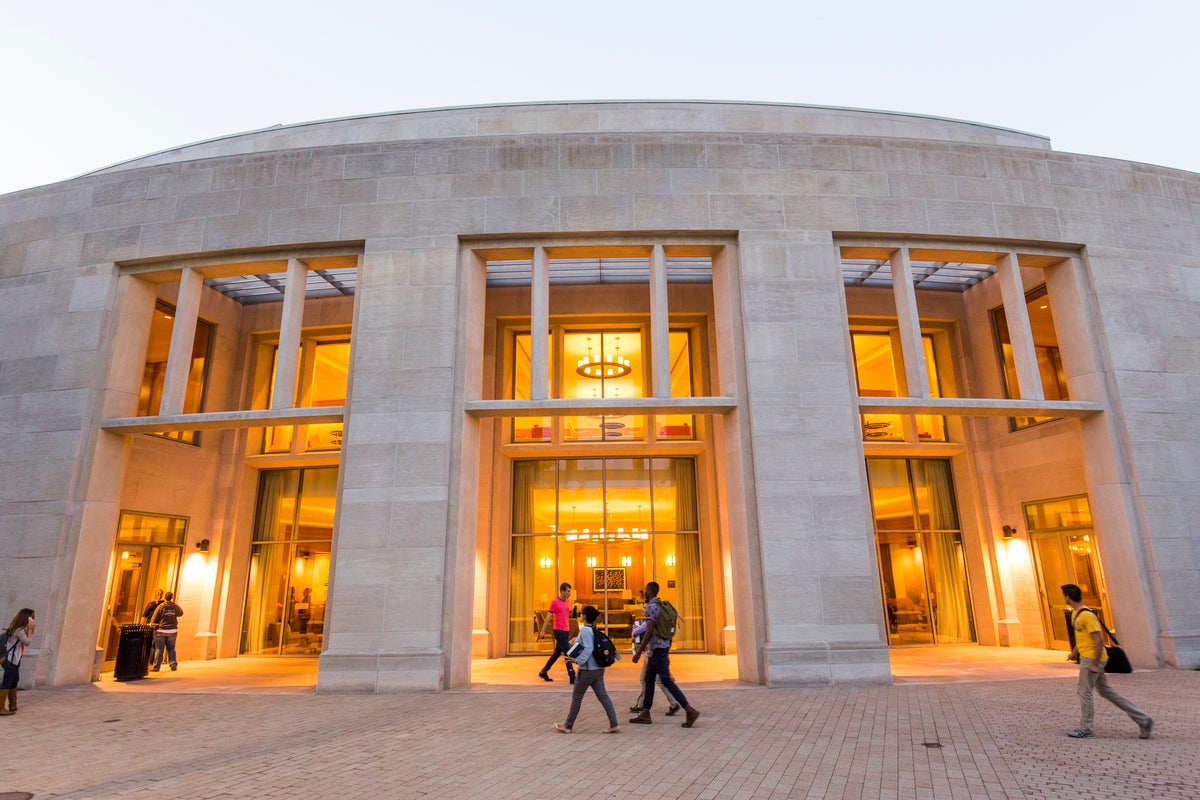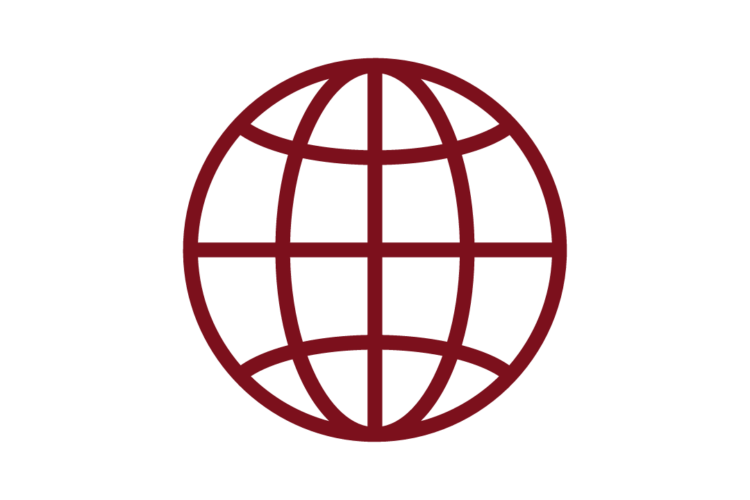Clinical Programs
Office of Clinical and Pro Bono Programs (OCP)
Wasserstein Hall, Suite 3085
6 Everett Street
Cambridge, MA 02138
Clinics give students hands-on legal experience under the supervision of attorneys. With clinical placements in-house and at organizations across the country, and the opportunity for students to create their own independent placements, HLS students participate in more clinical placements than any law school in the world.

Clinics are open to 2L, 3L, and LL.M. students. Each clinic is tied to a classroom component: students receive clinical credit for their legal practice in clinics and academic credit for the course component. In addition, most clinics allow students to fulfill HLS’s 50 hours pro bono graduation requirement.
